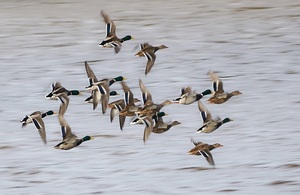The UK government has revoked the 3km monitoring zone around Yeovil, Somerset, following successful disease control efforts. However, rising cases in game birds—especially in coastal counties—have prompted stricter biosecurity measures under the Avian Influenza Prevention Zone (AIPZ). These new rules, effective August 26, include:
- Mandatory disinfection of vehicles and footwear
- Reporting of dead birds near release pens
- Preventing wild birds from accessing feeders and drinkers
England remains under AIPZ restrictions, with poultry gatherings still banned. The risk level for highly pathogenic avian influenza (HPAI) in poorly protected poultry has been raised to medium, while the threat to wild birds is considered high.
📍 Disease Zones and Case Count
Since the outbreak began in November 2024, England has confirmed 68 cases of HPAI H5N1 and one case of H5N5. Additional cases have been reported across Scotland, Wales, and Northern Ireland.
🐦 Guidance for Bird Keepers and the Public
Whether you keep pet birds, run a commercial flock, or feed wild birds in your garden, the government urges vigilance:
- Report signs of illness and dead wild birds
- Follow movement licence rules in disease zones
- Maintain strict hygiene around feeders and water baths
- Avoid feeding wild gamebirds near large poultry premises
Vaccination remains restricted: only licensed zoos may apply for bird flu vaccines. The UK continues to monitor global developments and invest in research.
🧍 Public Health and Food Safety
The UK Health Security Agency confirms that bird flu poses a very low risk to human health, and the Food Standards Agency assures that properly cooked poultry and eggs remain safe to eat.
TWW - The World Wide: Global News,Local Impact.

